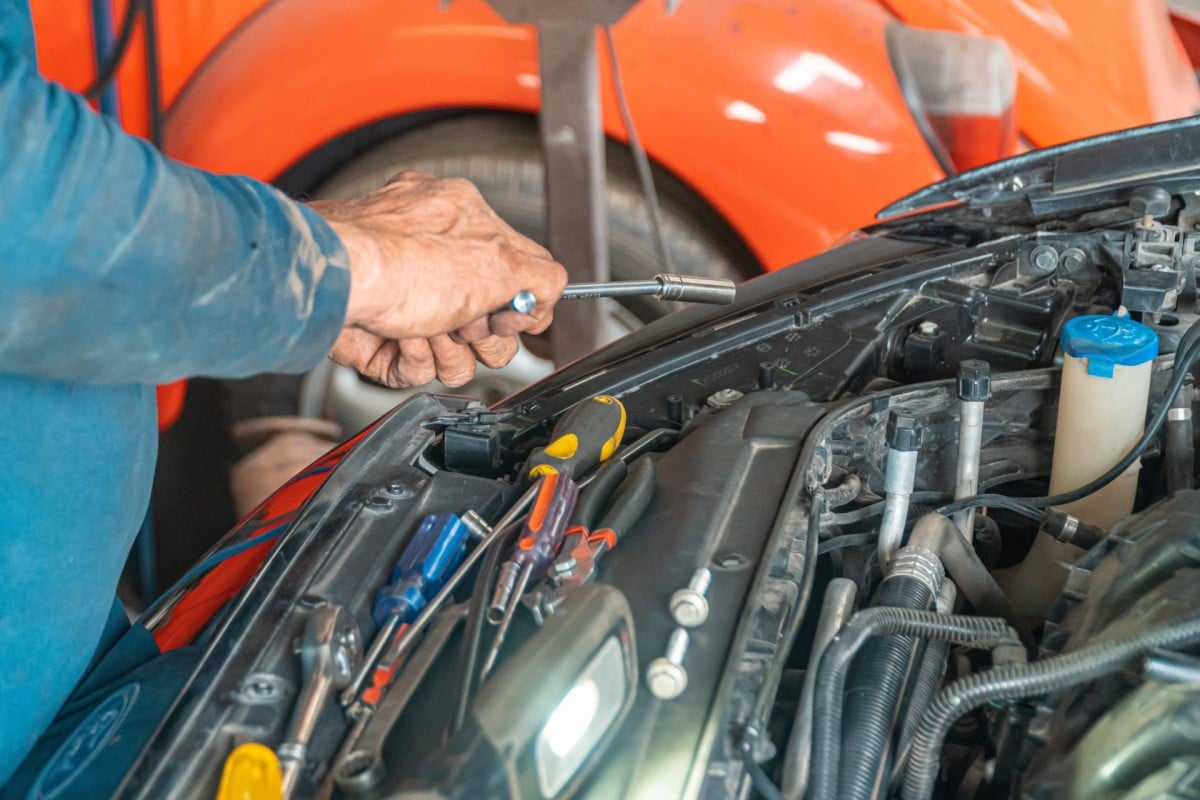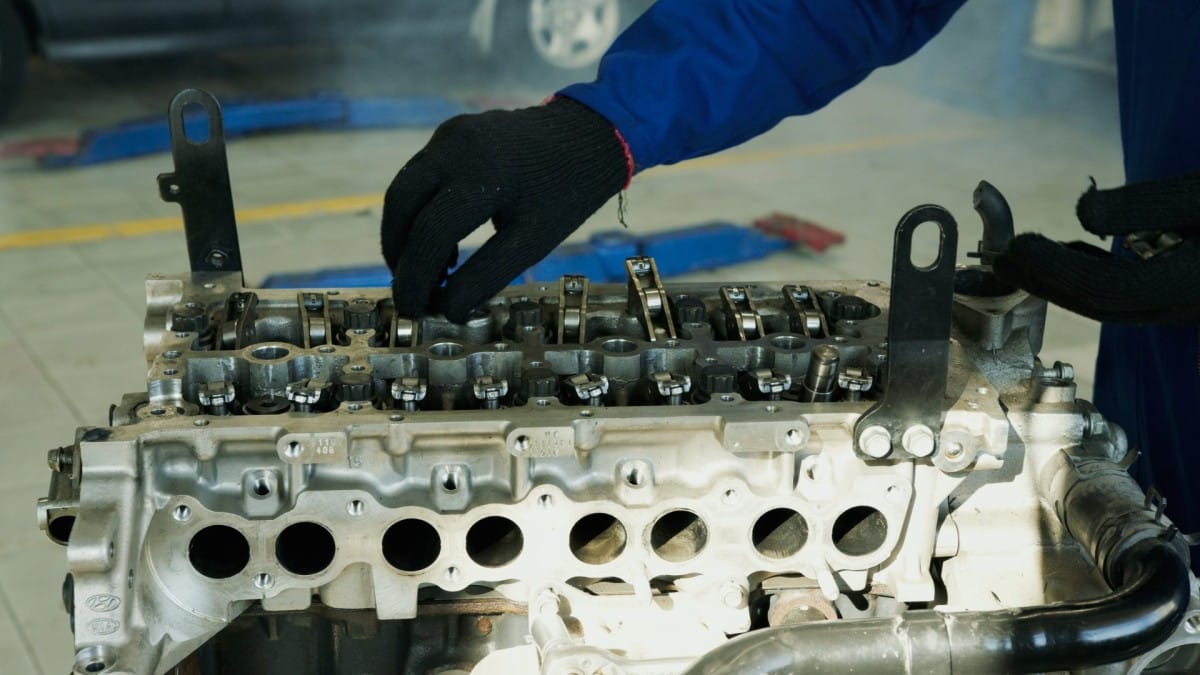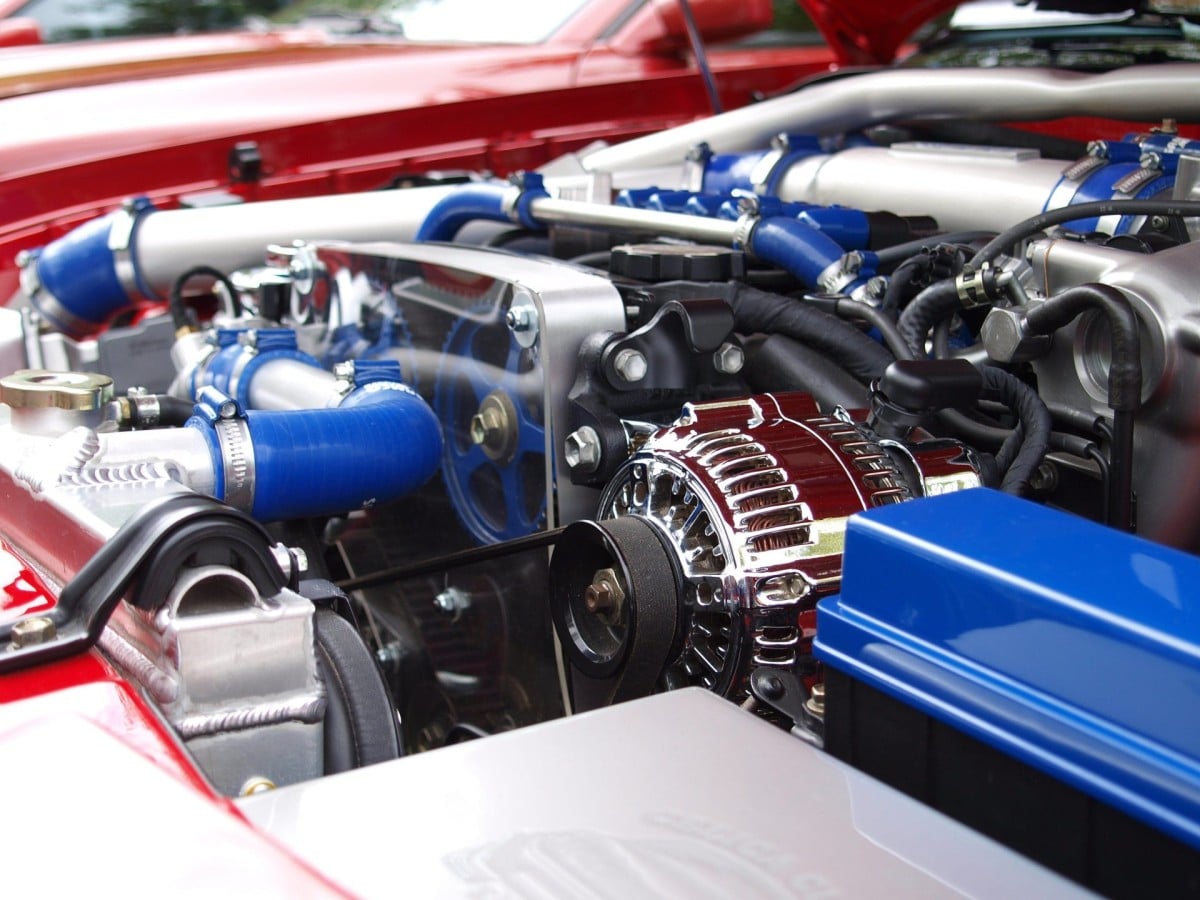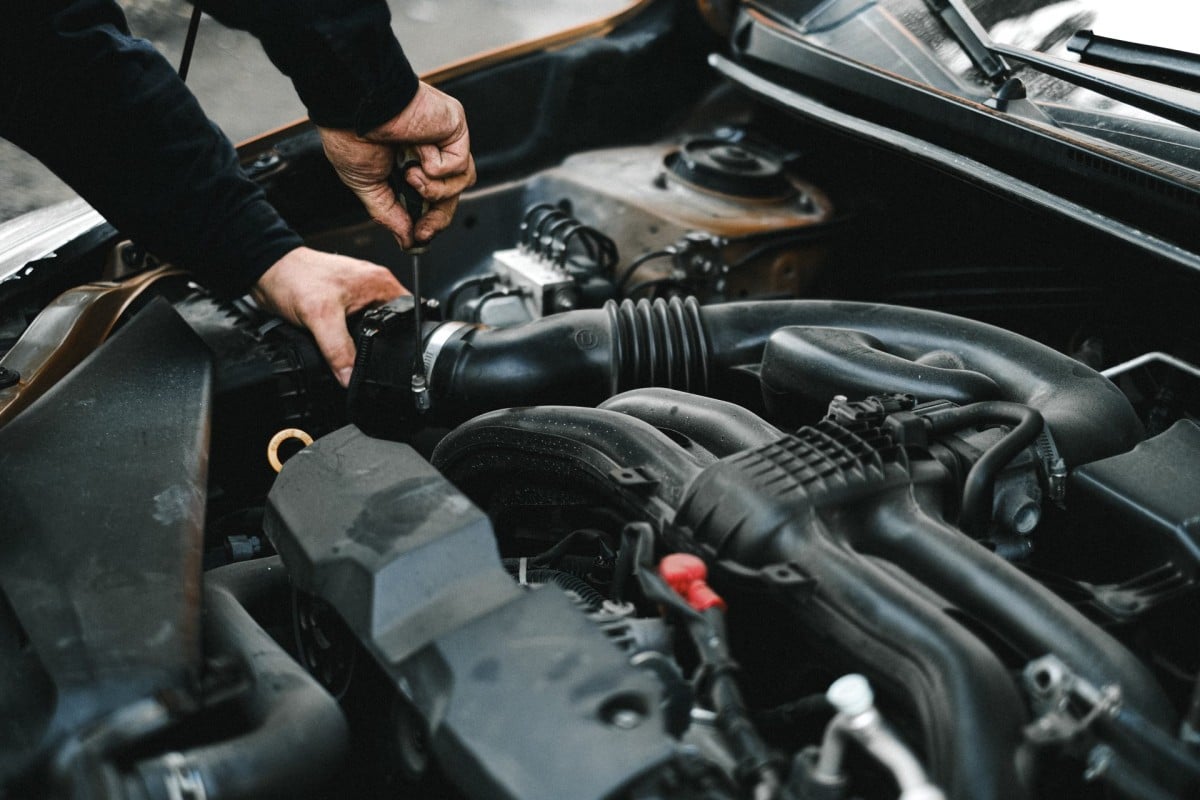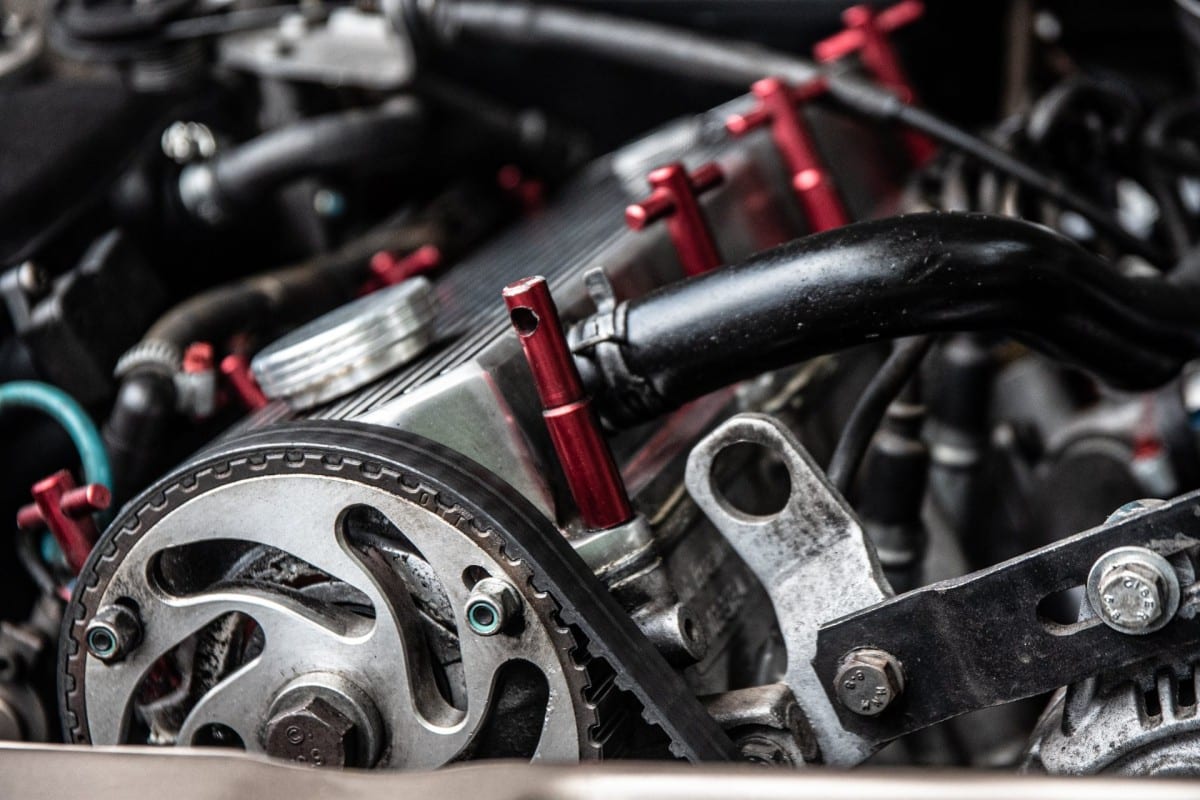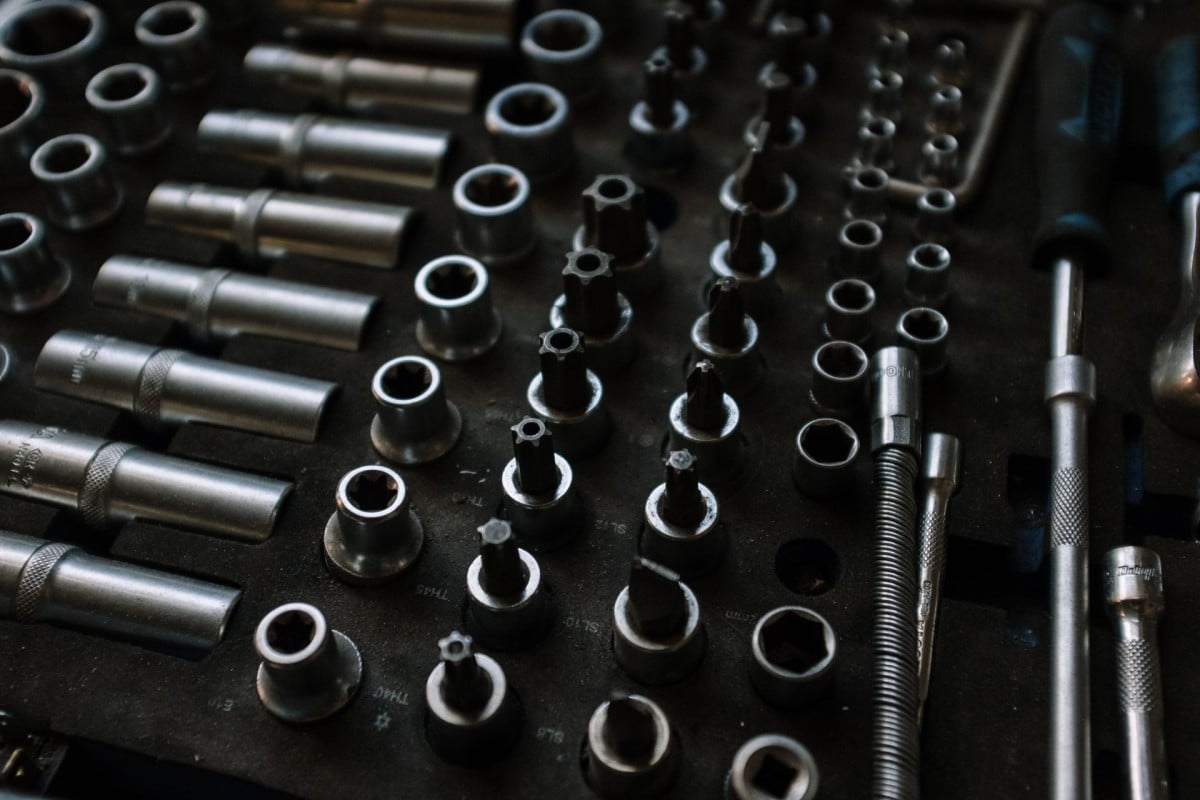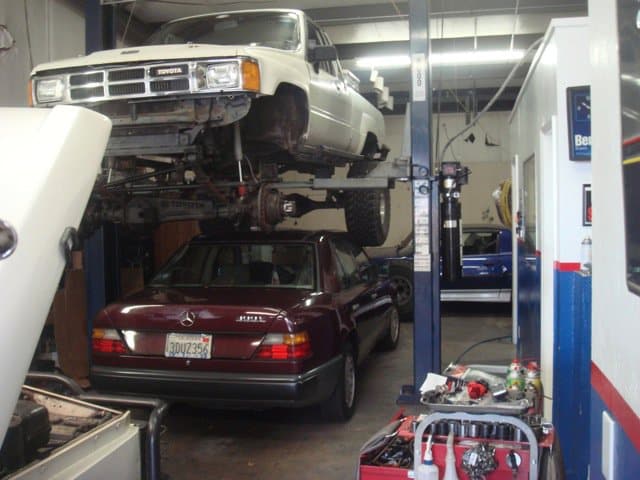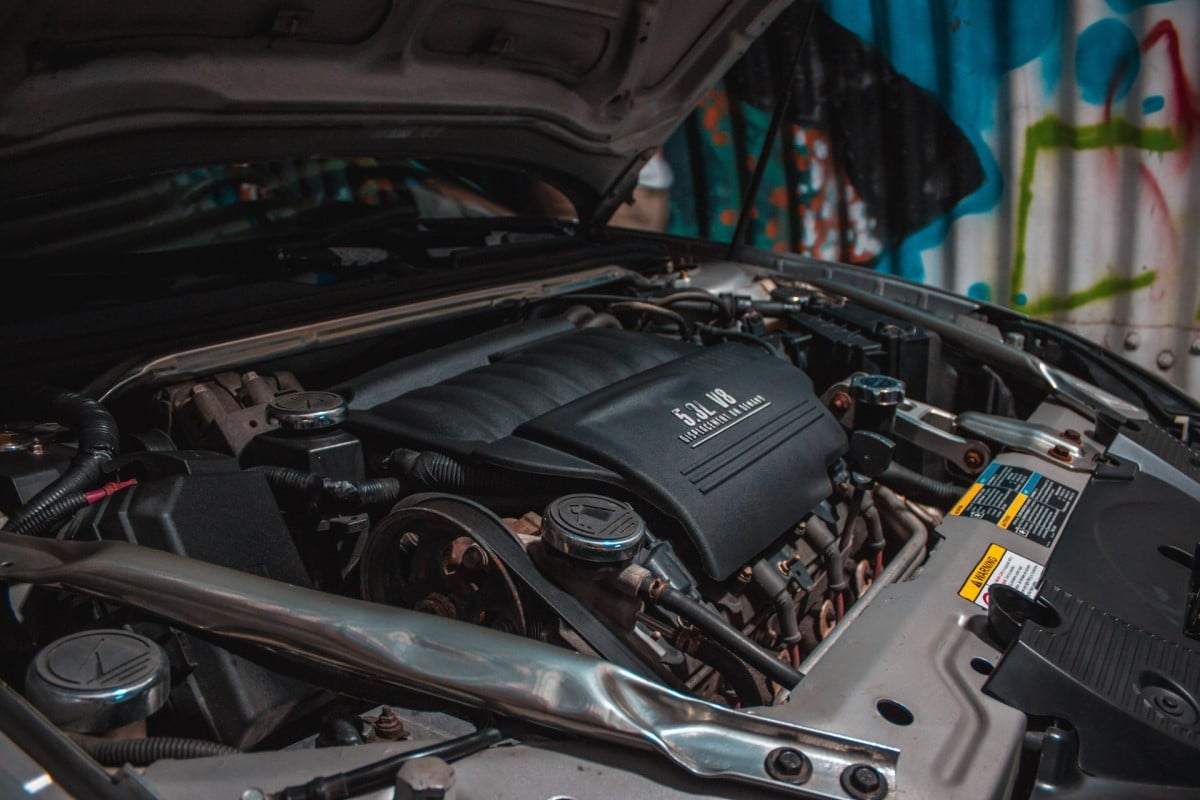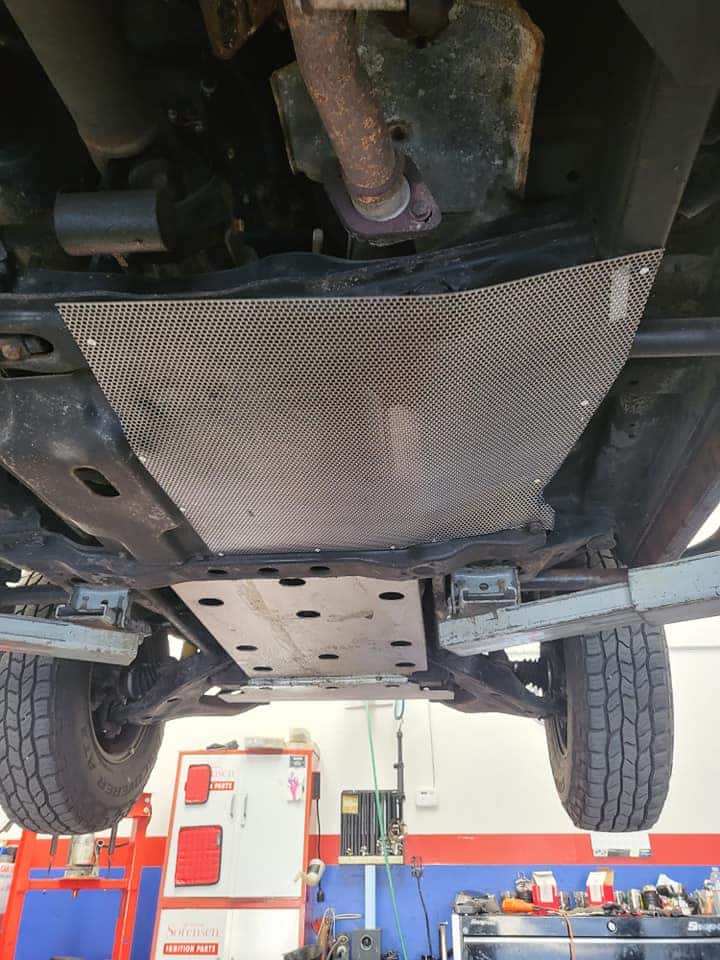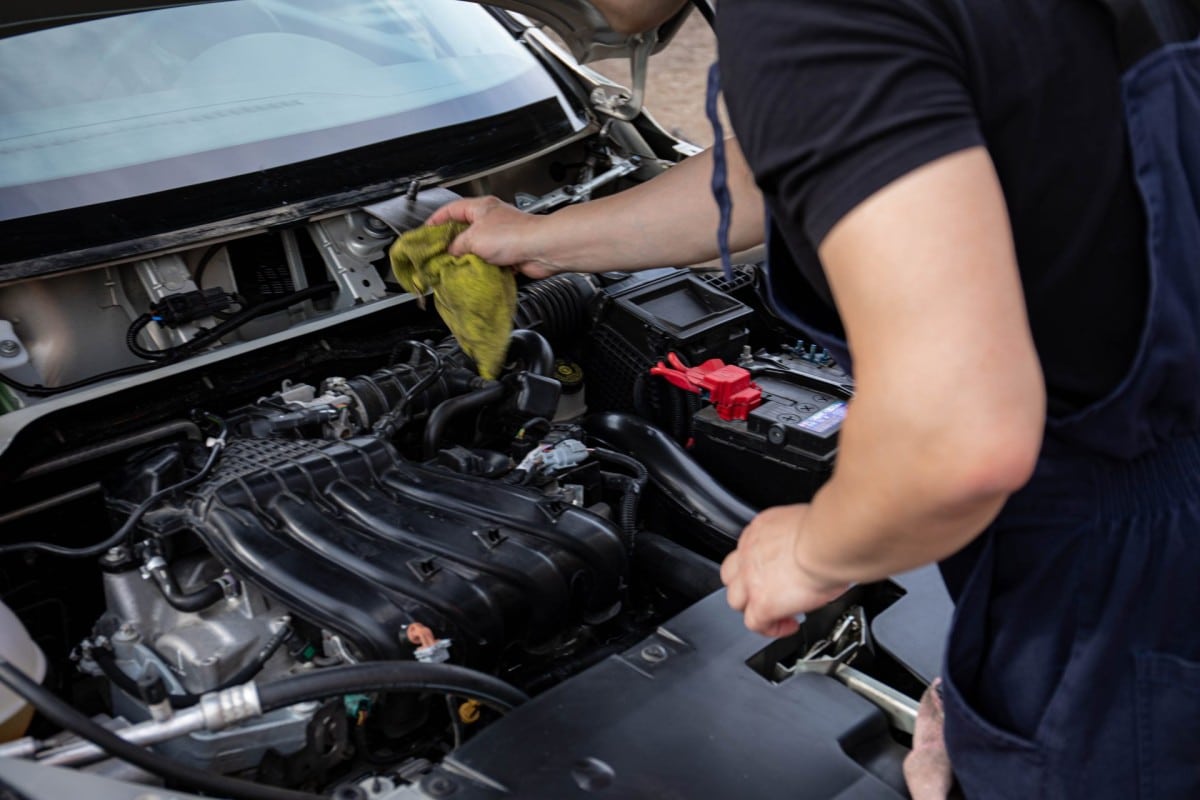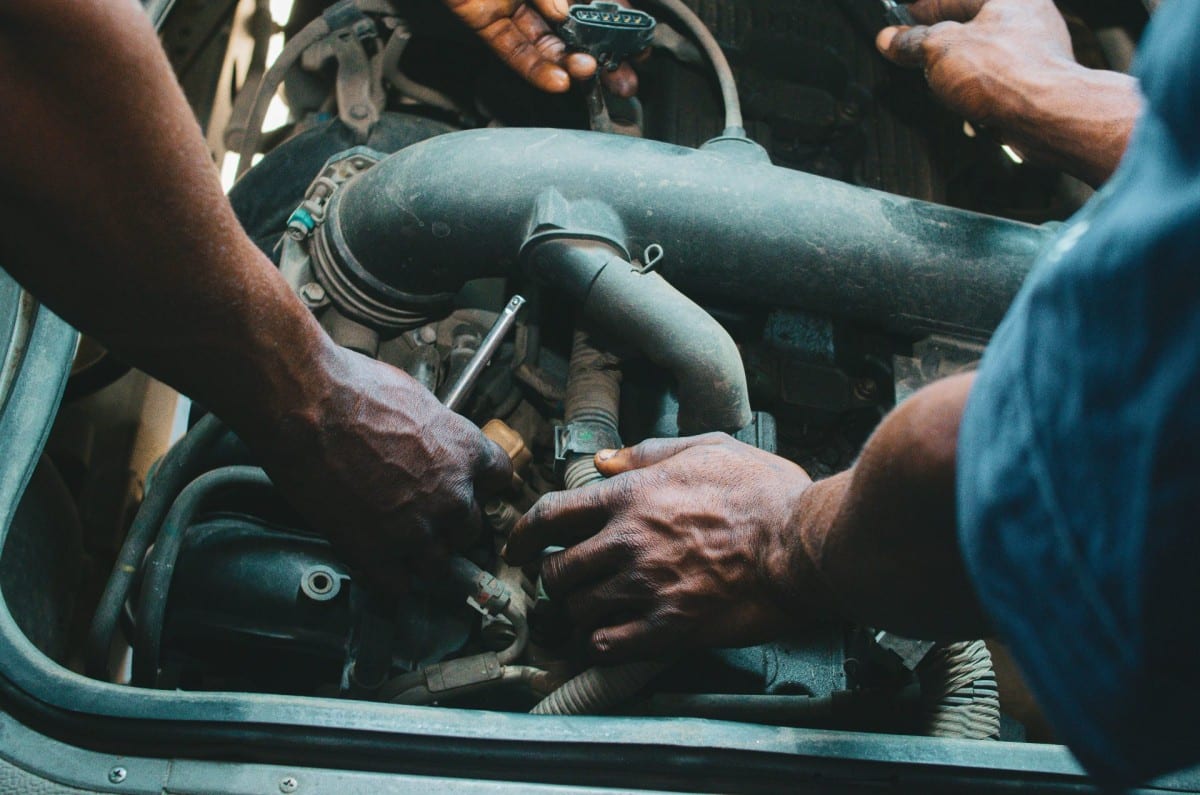Imagine it's a beautiful sunny morning, you're heading out to work and suddenly, your car stops in the middle of the road. Thoughts might start swirling in your head with the most dreadful being – “Did my engine just die?”. Well, the culprit might not be as sinister, but it’s equally important. Your timing belt could be the cause.
So, What Exactly is a Timing Belt?
In simple terms, a timing belt synchronizes the rotation of the camshaft and the crankshaft. This harmonious dance between the two parts ensures that your engine's valves open and close at the correct times during each cylinder's intake and exhaust strokes. In some engine designs, the timing belt may also be used to drive other components, such as the water pump and oil pump.
Why Does it Matter?
You might think, “Why should I care?” Well, an efficient timing belt is crucial to your engine's health. If it breaks, the best-case scenario is your car coming to an abrupt stop. Worst case? The pistons could smash into the valves, causing severe engine damage. This scenario is common in what's called an “interference engine,” where the pistons and valves occupy the same space at different times.
When Should it be Replaced?
Typically, car manufacturers recommend changing the timing belt every 60,000 to 100,000 miles. However, it's always a good idea to consult your owner's manual or a trusted auto repair shop for specifics related to your vehicle model. Some factors can accelerate the wear and tear on these belts, such as:
- Exposure to extreme temperature swings
- High mileage
- Oil or coolant leaks
- A car sitting idle for long periods
Warning Signs of a Failing Timing Belt
Ideally, it would be best if you replaced the timing belt before it breaks. Here are some warning signs to look out for:
- A ticking noise coming from the engine
- The engine won't turn over, but the starter motor engages
- The engine misfires
- Oil leaks from the front of the motor
Ultimately, the health of your timing belt is crucial for the smooth operation of your car. It's a small part, but its failure can lead to much more significant problems and expenses.
So, if your timing belt is due for a change, or if you're experiencing any of the warning signs mentioned above, don’t delay. Keeping your car in top form is not just about maintaining a shiny exterior. It's also about taking care of the intricate parts under the hood that keep your vehicle running smoothly and efficiently. And remember, being proactive in maintaining your vehicle can save you time, money, and potential troubles down the road.
Why not take a few minutes to call or visit our auto repair shop? Our team of experts is ready to assist you with all your car repair needs, including timing belt replacement. We serve the entire Sonoma County, including Santa Rosa and Sonoma, CA. Don't wait until it's too late. Take action today and ensure the health of your engine for the miles to come.


